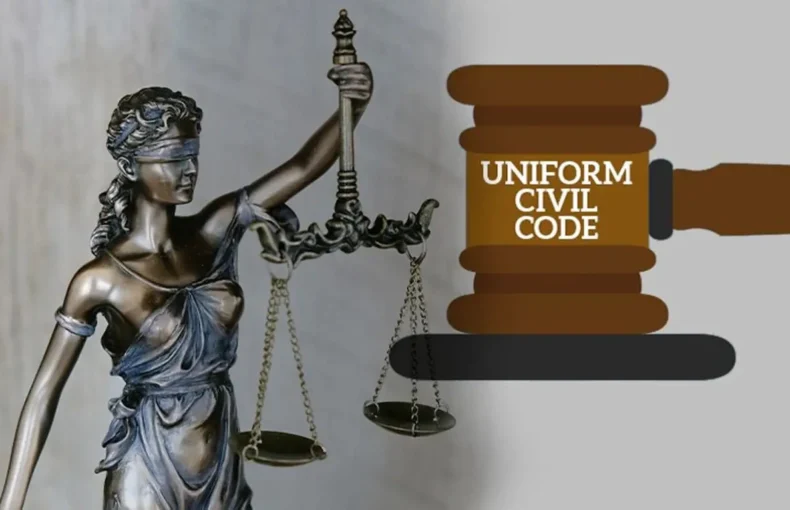ANSAM, the All Naga Students’ Association of Manipur, has strongly objected to the Central Government’s proposed Uniform Civil Code and has declared its application in the Naga region to be “inadmissible”.
In a letter to the Chief Justice of India, Justice Ritu Awasthy, the President of the All India Students’ Association (ANSAM), M Luikang Luckson, claimed that the UCC goes against the “secular character” of India’s Constitution and would hurt people’s freedom of religion.
Luckson said the Naga people have their own customs, traditions and personal laws which the UCC will threaten. Luckson also said that India is known for its religious and cultural diversity. Each religion has its own customs, tradition and personal laws. According to ANSAM, the proposed UCC threatens this diversity by replacing the individual laws with a single code.
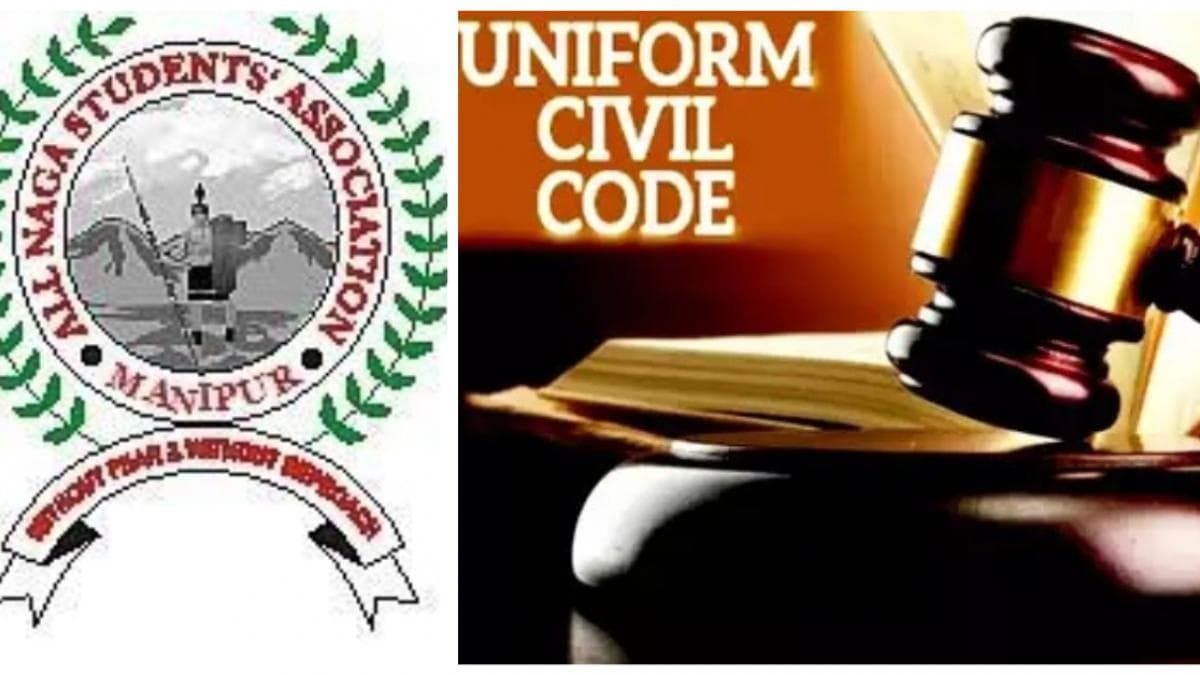
Students’ Association of Manipur
ANSAM further said, “India is a country rich in religious and cultural diversity, and is home to various religions, each with its own culture, customs and personal laws. However, the proposed Uniform Civil Code (UCC) threatens to erode this diversity by replacing the existing laws with a single set of rules.”
According to the Naga students, it is time for the leaders to realize that there is no ‘one size fits all’ in this multi-faceted society.

ANSAM has requested the Government to withdraw the proposed Unified Compassionary Council (UCC) and to recognize the Naga Nation’s religious and cultural distinctiveness.
Association of All Naga Students of Manipur (ANSAM), which is composed of 16 component units currently residing in the State of Manipur, declared that it will not agree to the implementation of the Unified Citizenship Card (UCC) in the Naga homeland under any circumstances.
Uniform Civil Court
The Uniform Civil Code (UCC) in India has been the subject of much discussion in recent times. Since the first petition seeking the framing of a Uniform Civil Code (UC) in India was registered in 2019 with the aim of promoting national integration, gender equality, and women’s dignity.
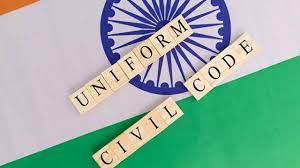
What is UCC?
A Uniform Civil Code is a legal framework that ensures that all members of a society, regardless of their religious affiliation, are subject to the same level of legal protection under a single civil code. This includes matters such as matrimonial relationships, maintenance, inheritances, adoption, and succession of property. The concept of a Uniform Civil Code is based on the assumption that there is no relationship between religious belief and law in contemporary society.
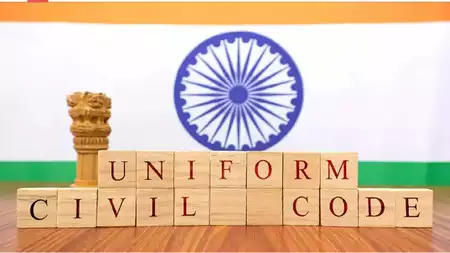
Article 44 is in line with the principles of State Policy set out in the Directive which states that the State shall endeavour to establish a uniform civil code for the benefit of the people of the State of India.
Debate on Uniform Civil Code Debate Is Not New!
Uniform Civil Court is not new to India. It has its rhizome graved inside the soils of India since colonial era of India. In 1840, the British Government, on the basis of the report of Lex Loci, formulated Uniform laws for the crimes, evidence and contracts. However, the personal law of Hindus and Muslims is left by them intentionally.
The British India Judiciary, on the other hand, made provision for the application of the Hindu, Muslim and English law by the British Judges.
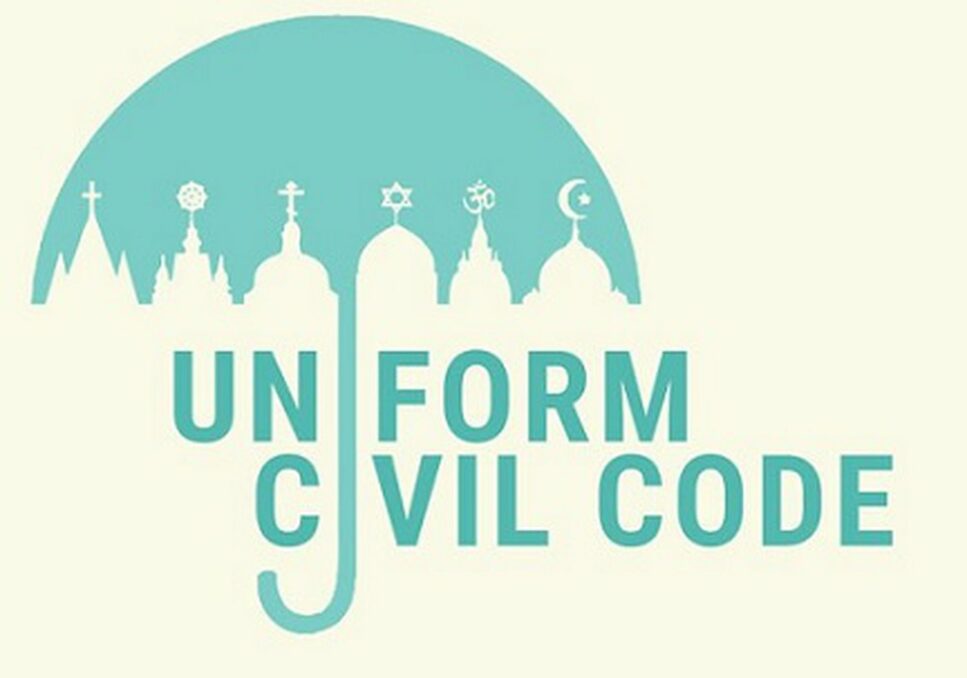
At the same time, reformers were raising their voices to frame the laws related to the women against the discrimination which they were doing, which was basically based on religious practices such as Sati, etc.
The Constitution of India was established in 1946 through the formation of the Constitution Assembly, which was composed of members who were divided into two categories: those who sought to reform society through the adoption of a Uniform Civil Code, such as Dr.B.R Ambedkar, and those who were predominantly composed of Muslim representatives who upheld personal laws. Furthermore, the minority communities were strongly opposed to this proposal, resulting in the inclusion of only one line in the Constitution, according to Article 44 of Part IV of the Domestic Policy Directive.
Uniform Civil Code in Goa?
The Portuguese Civil Code enforced a Unified Commercial Code (UCC) for all citizens of the state of Goa after Independence. Under the UCC, each spouse of a married couple has joint ownership of all assets belonging to and acquired by the other spouse.

Furthermore, even parents cannot completely disinherite their children, as a minimum of 50% of the assets must be transferred to them. Furthermore, Muslim couples who have registered for marriage in the state are not permitted to practice polygamy.
Controversies related to Uniform Civil Court
Prior to the Assembly election, Union Minister for Home Affairs, Mr. Amit Shah declared that the implementation of the Uniform Civil Code for Himachal Pradesh will take place if the BJP wins the Assembly election. The State Government of the State of Uttrakhand, led by the BJP, has already set up a committee to implement the Uniform Civil Code in the State.

This UCC’s implementation goes against the Constitution’s right to religious freedom, which allows religious communities to set their own rules.
Second, it is difficult to establish a single civil code throughout India due to specific constitutional provisions in certain regions of the North East that safeguard traditional family law. Furthermore, it was never intended by the framers of the Constitution to ensure complete uniformity.







